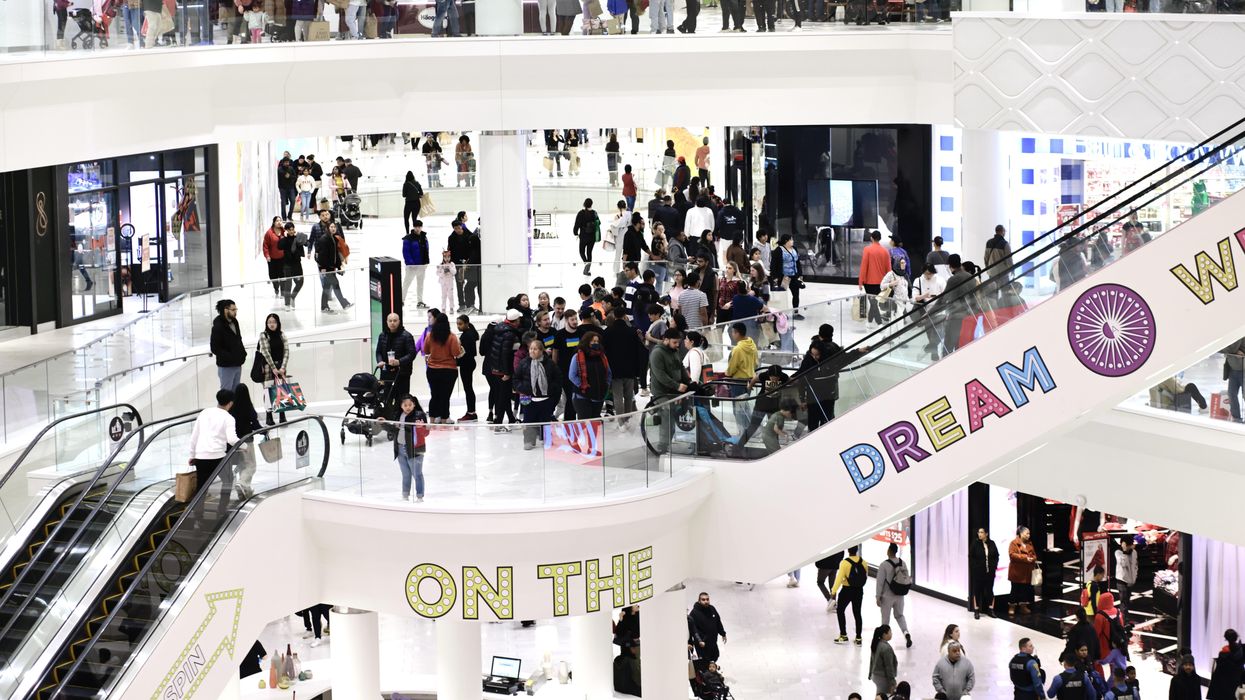As 2022 draws to a close, The Fulcrum has invited leaders of democracy reform organizations to share their hopes and plans for the coming year. This is the fourth in the series.
Davies is a podcast consultant, host and solutions journalist at daviescontent.com. He co-hosts the podcasts “How Do We Fix It?” and “Let’s Find Common Ground."
We are right in the middle of America’s season of biennial public rituals. First there was the election, then Thanksgiving and, still to come, Christmas and the new year. All of them bring people together and remind us that despite our differences there is much that we share in common with one another.
The result of the midterm election was a surprise to almost everyone. And isn’t it good when the smart people — pundits, pollsters, and political professionals armed with all their data and research — get it wrong? While science and technology continue to make stunning advances, human behavior remains a tricky thing to track.
Leading up to the vote last month, Republicans expected to score a blowout victory. Democrats issued dire warnings that democracy was hanging by a thread. Many of us were anxious and fearful, but both of these forecasts turned out wrong.
Leading up to the election, right-wing populists promoted the absurd theory that the 2020 election had been stolen. But that year Republicans made gains in Congress and state races. If that election was a sham how could this be? The populist claim was as crazy as seeing the former president dressed up as a superhero with laser beams shooting out of his eyes. Hardcore Donald Trump supporters eat it up, but last month common-sense, independent-minded voters made it clear they'd had enough. While many conservative, mainstream Republicans did well, many of the most controversial and extreme Trump backers went down to defeat.
The second great public American ritual was Thanksgiving, a holiday when more people travel to be with their loved ones than at any other time of year. Many friends and families were together in the same room for the first time in three years, since before the pandemic.
As with the election, this Thanksgiving had more than its share of doubters. Leading up to the long holiday weekend we were deluged by media warnings that the turkey might be hard to swallow if you had the bad luck to be seated next to a family member with different political views than your own. We were fed the theory that with such deep political divides Thanksgiving could be a time of great tension. No doubt it was for some, but where is the evidence that this year was much more fraught than usual?
The day after Thanksgiving was Black Friday, Our local mall opened at 6 a.m. Stores were packed. Driving along I-95 in southeast Connecticut that morning, I spotted an astounding queue of cars waiting to go to Clinton Crossing Outlets. It must have taken some shoppers well over an hour just to get to the lot.
According to the business press, many people want to visit brick-and-mortar stores because they’d had enough of Amazon and other forms of online buying that boomed during the pandemic. We might have difficulty admitting it, but for many people physical in-person shopping is fun. There is still something thrilling when you think you’re coming home with a bargain, especially at a time of high inflation and a shaky economy.
Here’s to a happy holiday season for all: A time when we celebrate light, hope, and even the occasional miracle.




















Trump & Hegseth gave Mark Kelly a huge 2028 gift